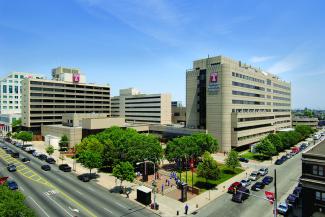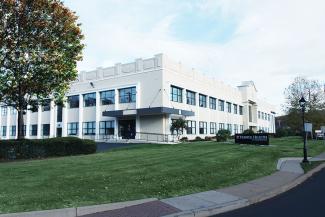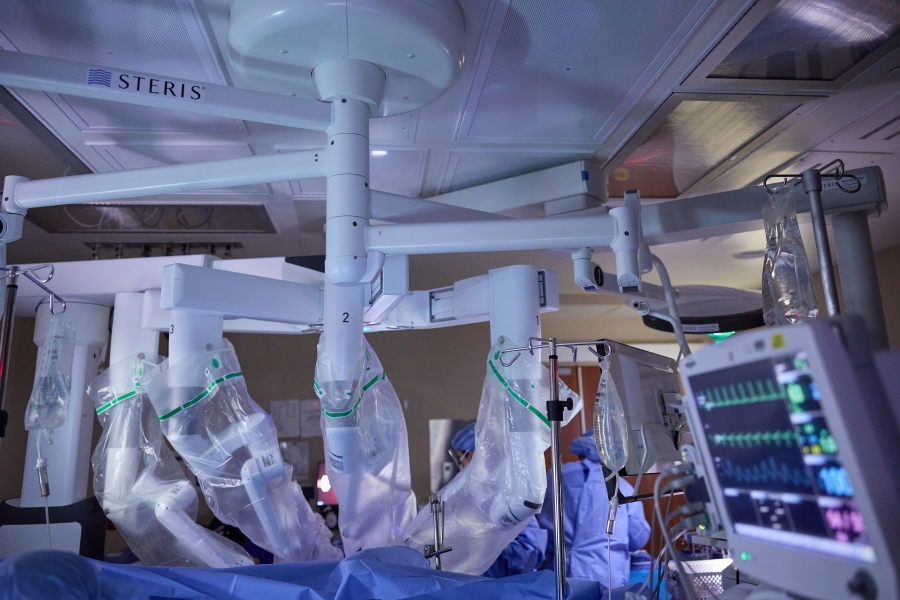At Temple Health, our urologists are considered regional and national leaders in robotic urologic surgery. Temple Health is a leader in the mid-Atlantic region in robotic surgery, helping other urology programs in the area with their most difficult cases and teaching advanced robotic techniques to urologists.
We routinely perform complex robotic urology surgery that is not offered or cannot be performed anywhere else in the region, including other tertiary referral hospitals and academic medical centers.





